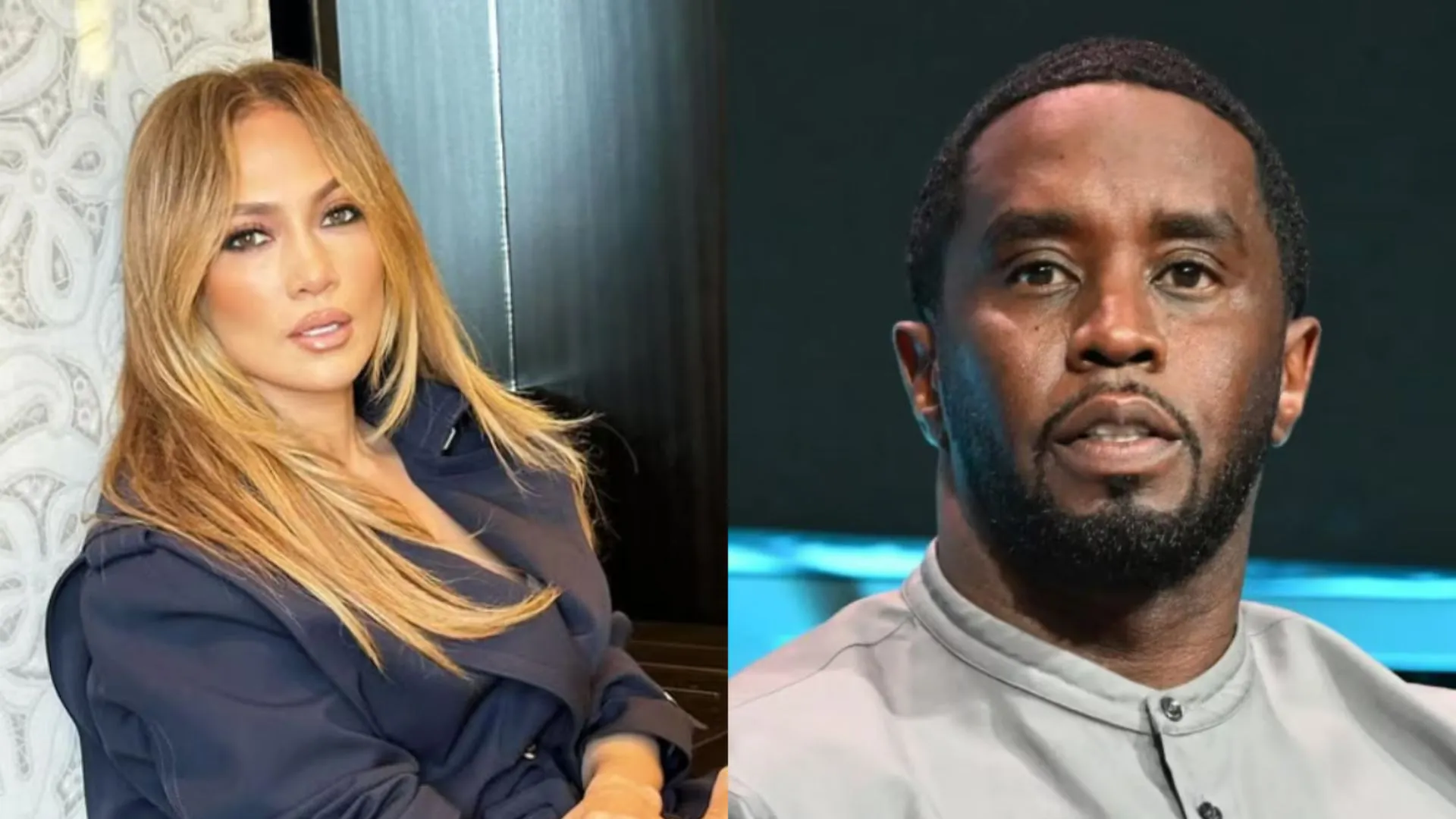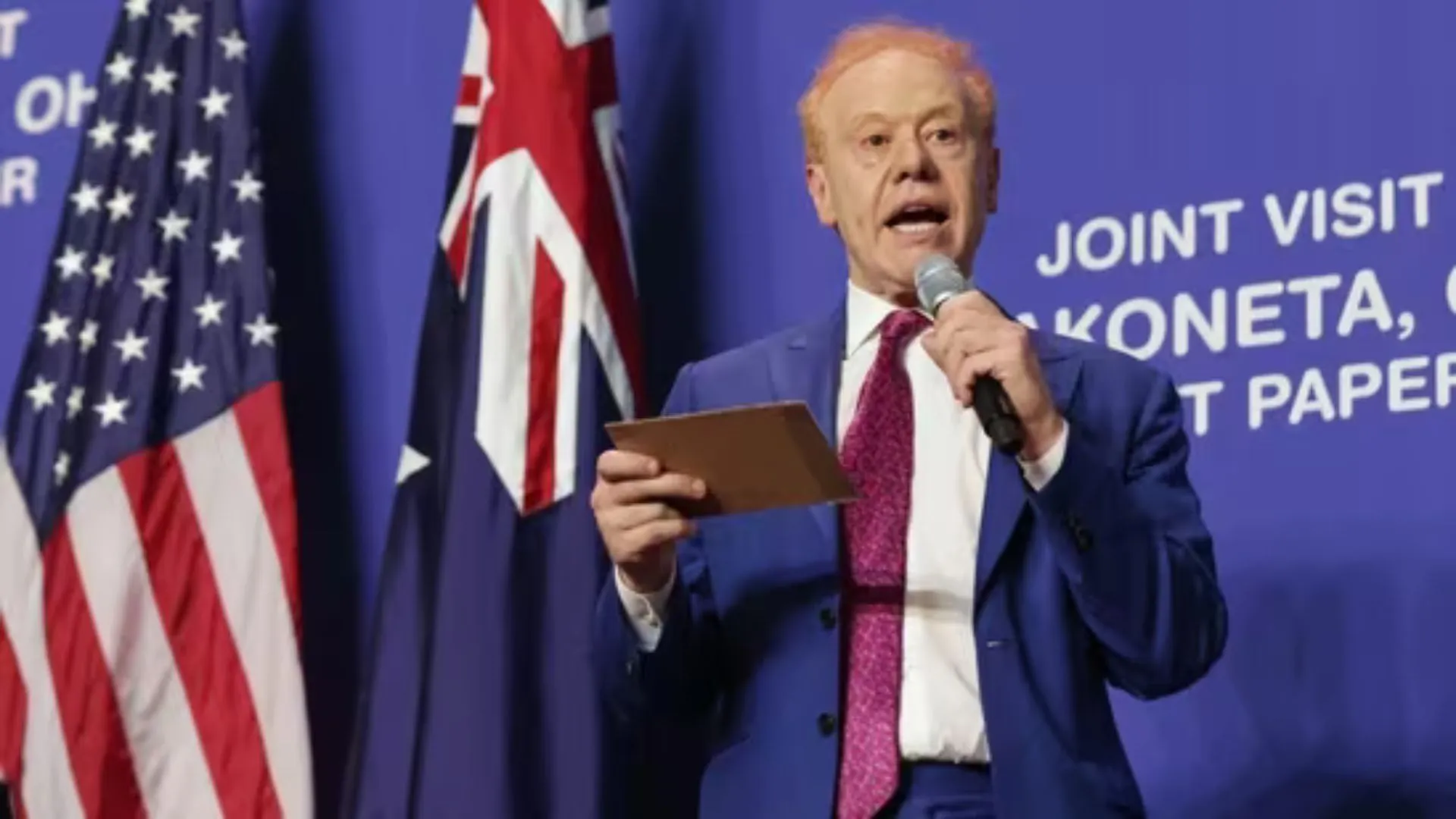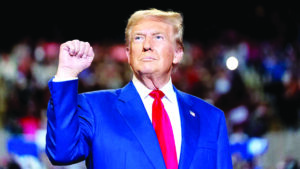The Kremlin on Monday denied a western media report that US President-Elect Donald Trump made a phone call to Russian President Vladimir Putin, during which he told the Russian leader that the latter should restrain himself from aggravating the conflict in Ukraine. It’s not known how this report, which has been called a complete fiction by the Kremlin, got a matter so important so horribly wrong. But even if the phone call was not made, the incoming US President’s advice to Putin, given publicly, still holds, that the Russian leader should not escalate matters. However, Putin too has been assertive that he would not budge from fulfilling his goal. The question now is what could possibly be Putin’s goal. It is unlikely that Putin will give up the areas he has annexed in his nearly three-year-long war against Ukraine. Experts say that Putin’s eventual plan is to take control of Ukraine’s Odessa and the entire coastline, thus cutting off the country’s access to the Black Sea; plus retain all the territories he has annexed, so that a buffer zone can be created between Ukraine and the main Russian territory. How long this will take is anybody’s guess; in fact it is not even certain that he will be able to achieve this goal. But he will definitely like to approach the negotiating table from a position of strength and is thus unlikely to concede even an inch of territory. He may even succeed in his plan, given Donald Trump’s keenness to retain his own image as a “no war President”. As for Ukraine, it is likely to see a drastic curtailment of infusion of money and materiel, as the American public is against US’s involvement in this war. Without this support, Ukraine is doomed to lose the war, and in a way, Trump’s election may have begun the end of President Volodymyr Zelenskyy.
Amidst this, there is a lot of uncertainty among the US’ European partners, not just on the future of Nato, but specifically on the future of the war in Ukraine. Nato Secretary General, Mark Rutte has grudgingly admitted that to preserve Nato, it is time for Nato partners to pay their fair share to ensure the upkeep of the body—which means upping their respective defence budgets to 4% of their GDP instead of the current 2%. In fact, most of them do not pay Nato even that 2%. In his first term, Trump was insisting on a 4% spending by Nato partners, but it never materialised. But the bigger worry for the Europeans in particular is the possibility that Putin may emerge victorious from the war if Trump pulls funding from Ukraine. Ever since Putin invaded Ukraine on 24 February 2022, the Europeans, including the British, have been cheering on Zelenskyy to keep fighting to the last Ukrainian standing. The talk for peace has taken a back seat, to the extent of being sabotaged, amid their target of toppling Putin. But now there is chaos in Europe, with the economies of the EU nations in doldrums, largely because of the troubles that the war in Ukraine has brought. Voters are thirsting for change. Germany, whose leader Olaf Scholz was openly backing Kamala Harris as US President, is facing political turmoil and may have to go for snap election, which he is unlikely to win. Essentially, Trump’s ascension to the US Presidency has upended the whole European plan of making Putin pay for his invasion of Ukraine, and make Europe secure from any possible further adventures by the Russians. All that looks very uncertain now, even though there is no reason why Putin will go into any expansionist mode if he is left alone. After all, one of the reasons behind Putin’s invasion of Ukraine was the possibility of Ukraine joining Nato and bringing the security alliance right on Putin’s doorstep.
What will eventually matter is what Putin’s end goal is, as well as where Trump’s red line is. Peace will be possible when both of these are identified. But what matters most is that after almost three long years, peace may be a possibility now, since the biggest player, the United States, is no longer interested in playing the game. One of Trump’s biggest campaign promises was “no war”, and it’s common sense that, come what may, he will fulfil it.








